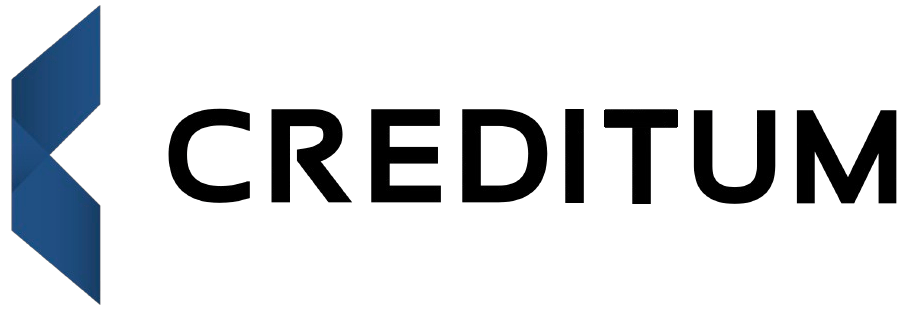Loans without income proof
- No impact on your credit score when
you compare - Get offers in seconds
- Loan offers are non-binding

For many in South Africa, securing a loan can be challenging without traditional income documentation. Yet, there are options that cater to this need. These loan solutions often rely on alternative criteria like bank statements, assets, or credit history to assess eligibility. This flexibility offers a lifeline for those who might otherwise be unable to fund important expenses due to lack of formal employment records.
Who benefits from income-free loans?
Income-free loans can be a lifeline for those without a stable pay slip. Individuals facing unemployment or irregular work find these loans helpful for managing unexpected expenses. It could be that someone has a temporary loss of income or works in a sector where income fluctuates. In such situations, paying bills or covering emergencies becomes more manageable.
Another group that benefits includes small business owners and self-employed individuals. Their earnings might vary month-to-month, making traditional loan applications challenging. Income-free loans offer a solution by providing access to funds without needing continuous proof of income. This financial flexibility can support personal or business needs when times are tough.
Eligibility criteria
One might think that securing a loan without income proof is near impossible. There are some specific criteria, however, that could make it feasible. Most lenders require you to be a South African citizen or permanent resident. Additionally, a minimum age of 18 is generally needed, to ensure legal contracting capacity.
- Valid South African ID
- Proof of residence
- Bank statements for the last 3 months
Despite the absence of traditional income proof, some lenders also consider alternative income sources. These might include rental income or regular transfers from a family member. Having a strong credit history can also improve your chances of securing such loans, as it reflects responsible financial behavior.
Risk factors to consider
When considering loans without income proof, it’s essential to be aware of the potential risks involved. One significant risk is the possibility of higher interest rates. Without proof of income, lenders may view you as a high-risk borrower, and they often compensate for this by charging more. This can make repayments expensive over time, stretching your budget further than anticipated.
Another risk is the temptation to over-borrow. It’s easy to access funds without income verification, which might lead you to take out more than you can manage. Always assess your repayment ability honestly to avoid becoming over-indebted. Lastly, be cautious of the commitment you’re making. You might face legal consequences if you fail to meet repayment terms, affecting your financial stability and credit standing.
Controversial opinions on income-free loans
Some critics argue that offering loans without income proof disrupts traditional financial systems. They claim it encourages risky borrowing and may lure individuals into debt traps. On the flip side, proponents suggest it provides a lifeline for those outside formal employment. It democratizes access to credit, opening doors to opportunities for many South Africans. The debate continues as financial inclusion stands balanced against financial risk.
Steps to apply for a loan without income proof
Obtaining a loan without income proof can be a challenge, but it’s not impossible. Lenders may require additional documentation or a co-signer. Here’s a simple guide on how to go about it.
- Check lender requirements: Not all lenders offer loans without income proof, so start by identifying those that do. Review their terms carefully.
- Provide alternative documentation: Instead of pay slips, may use bank statements, utility bills, or rental agreements to demonstrate regular payment history and ability to repay.
- Consider a co-signer: If permitted, having a co-signer with a steady income can improve your chances of approval. The co-signer’s financial history will also be assessed.
- Complete the application: Fill in all required fields diligently. Double-check your details to avoid errors that could delay processing.
- Await approval: After submission, the lender will review your application and supporting documents. This can take a few days; patience will be needed during this time.
Following these steps can make navigating the process smoother, increasing your chances of obtaining the necessary financial assistance without traditional income proof.
Understanding interest rates and terms
Interest rates and terms are fundamental components of any loan. These elements dictate how much you pay back over time. Remember that loans without income proof might come with higher interest rates. Lending institutions see this as risky, as they don’t have your income details to gauge your ability to repay. A higher rate means you pay more in the long run. It’s crucial to understand these costs before committing.
Loan terms refer to the length of time you have to repay what you’ve borrowed. Shorter terms generally mean higher monthly payments, but you’ll pay less interest overall. On the flip side, longer terms might offer smaller monthly payments, but the total interest paid can be significant. Understanding the implications of both interest rates and terms will help you make better financial decisions. It’s about finding the right balance that suits your financial situation.
Alternatives to consider
Traditional loans require proof of income, making it challenging for some to qualify. However, there are various other options worth exploring. Microloans can be a viable choice, especially for small, specific needs. These types of loans often come with a flexible approach, catering to individuals who might not meet standard income documentation criteria.
Another option to explore is peer-to-peer lending. This option allows you to borrow money directly from individuals rather than institutions, often providing more leniency when it comes to income proof. Additionally, secured loans, which use an asset as collateral, might also be an alternative. Keep in mind, these require you to pledge something valuable, such as a vehicle or property, as security.
